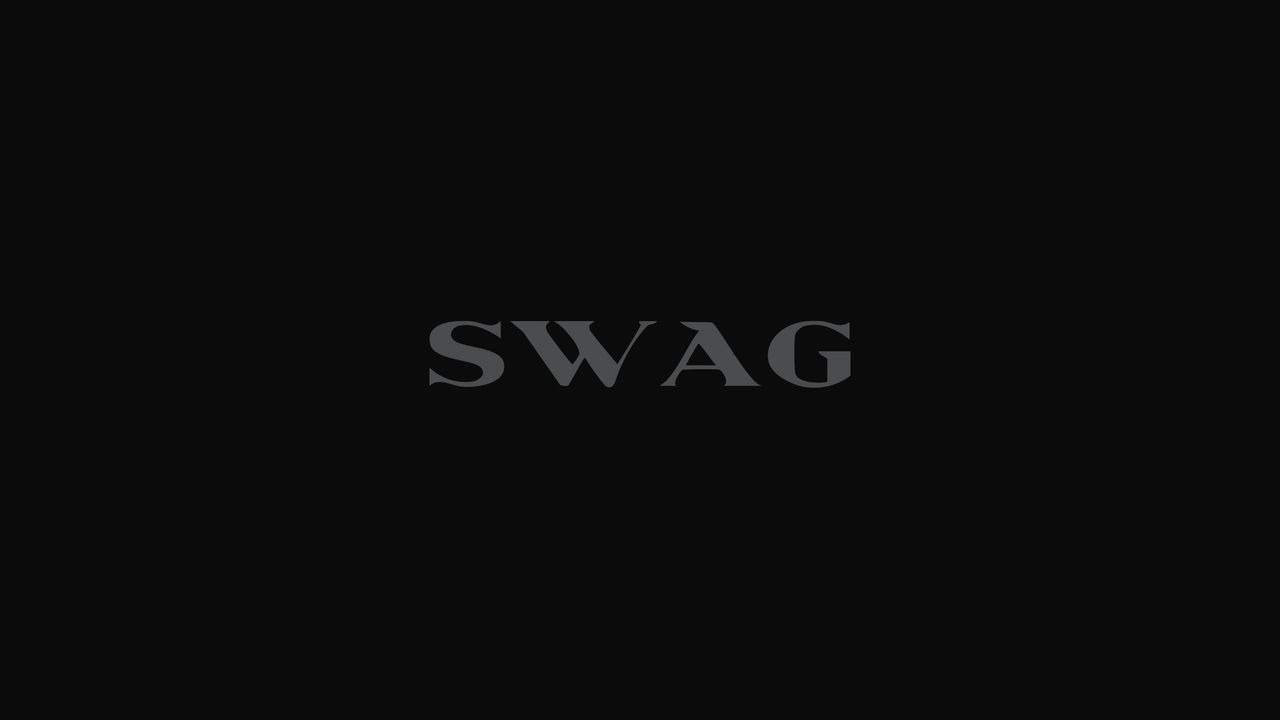Beyoncé was on the cusp of 30 when she announced, in early 2011, that she had functionally shitcanned her father and longtime manager, Mathew Knowles. On one side of the gully was 15 years and “Single Ladies.” On the other was, well, you know. Managing her own affairs turned the pop star into an icon. A few years later, Rihanna, at 27, executed a similar self-rescue by establishing her own management infrastructure and released ANTI, an album so singular it made pivoting to billionaireship easier than following it up. Reclaiming control seemed to have fared well for her, too.
I guess what I’m saying is: congratulations to Justin Bieber on his graduation—liberation, even—from the Scooter Braun academy for latter-day pop stars. SWAG, his seventh album and first sans Braun, was released within a day of the news last week that the pair had finally formalized the conclusion of their business affairs with a $31.5 million settlement. (Their personal disentanglement, and those of several other Bieber relationships dating back just as long, have been closely tracked in the form of mutual Instagram unfollowings.) Careful calculus or divine timing? No matter. Turns out that, at 31, Bieber may be in the spring of his own reclamations.
A few weeks before billboards popped up to announce SWAG’s imminent arrival, Bieber got caught up in yet another battle with a scrum of paparazzi. This particular interaction, though, seemed to magnify two of his most enduring public issues: the apparent fragility of his psyche and the complexities of his relationship, as an R&B-singing white boy, to race. He wields a jarring mash-up of two pieces of slang: clock it and stand on business. Though neither is new, both have mushroomed into ubiquity over the past year, reaching far beyond their origins in, respectively, Black and Latine ballroom communities and Southern variants of AAVE. The clip went viral, mostly because Bieber misuses the former—he turns an imperative with an implied you (“clock it”) into a negative present participle (“It’s not clocking to you”)—and his awkward intonation of the latter.
But there are layers even to this. In its correct usage, “clock it” is often accompanied by a hand gesture, in which the middle finger extends to meet the thumb and taps it quickly and emphatically. What few seem to have clocked is that the gesture that has accompanied the phrase’s sudden ubiquity is itself a Bieberesque goof: Across TikTok, the wrong finger tends to tap the thumb. The original gesture has been fully subsumed by its corruptor. Bieber has a knack, however unintentional, for illuminating existing cultural norms by being accused of them.
